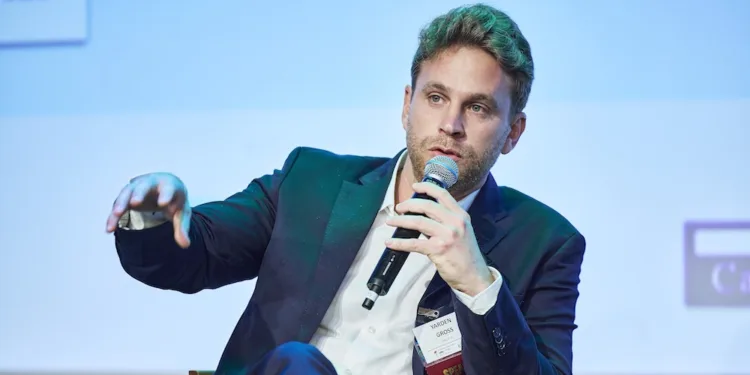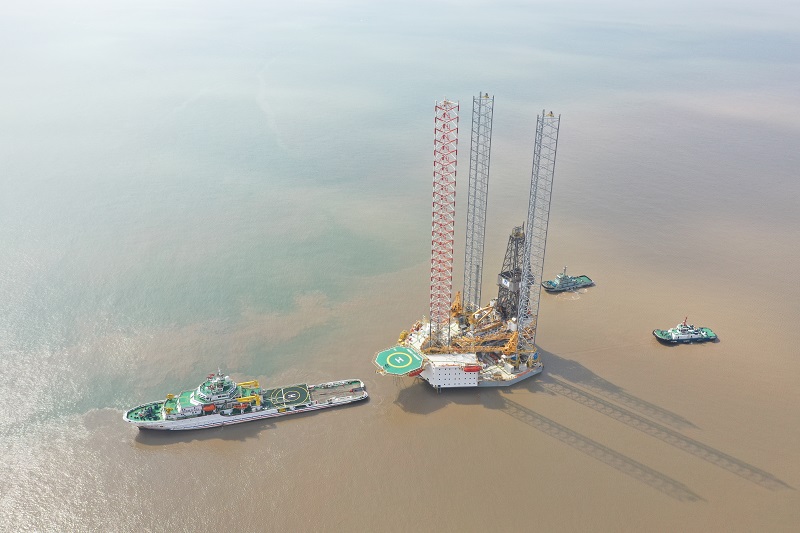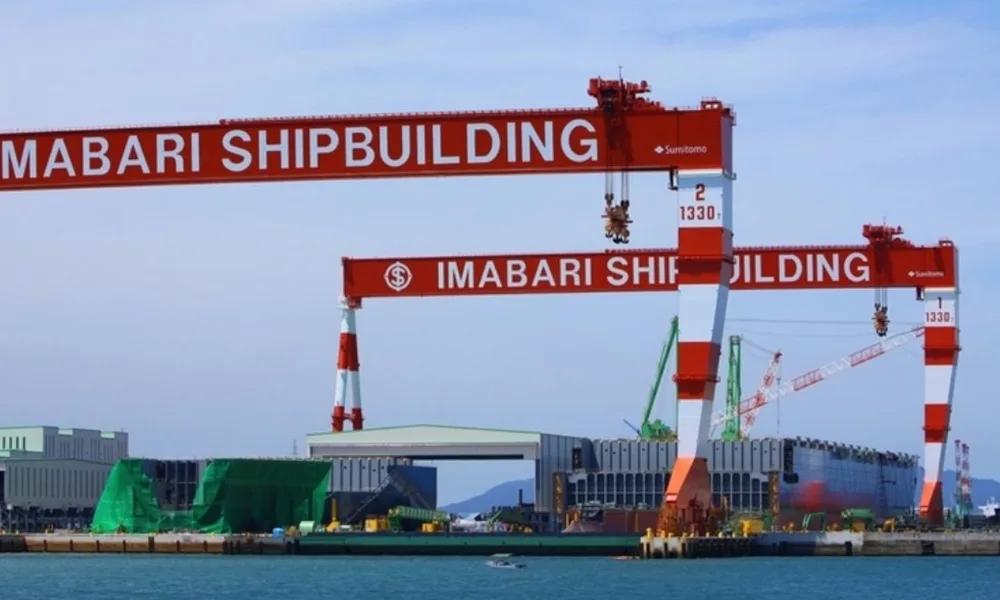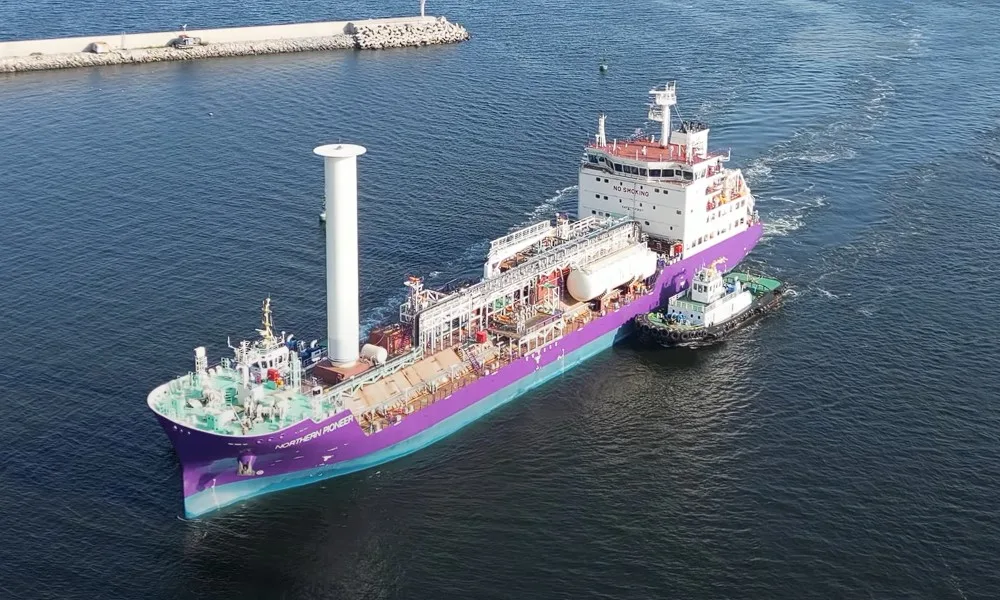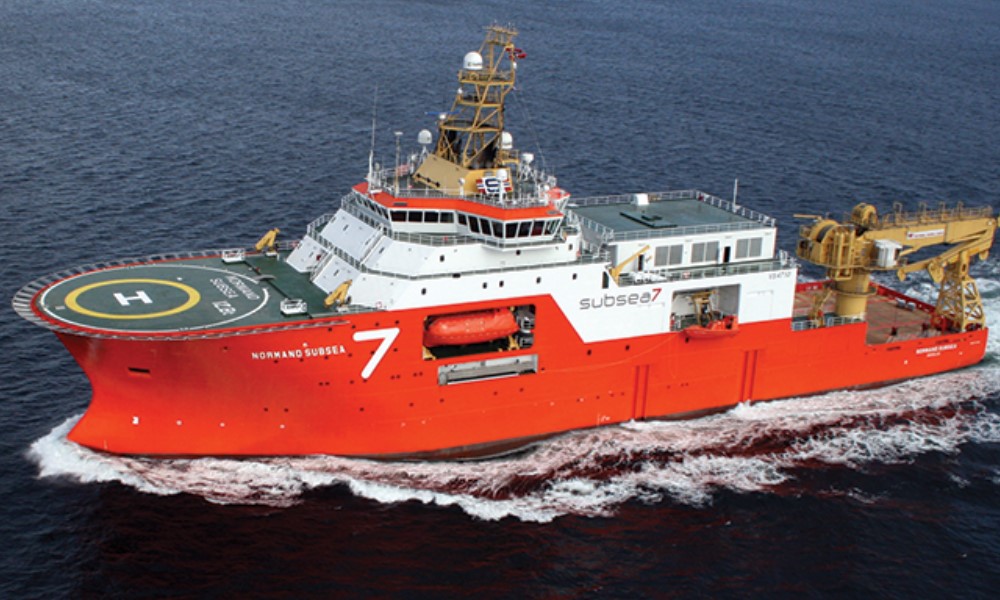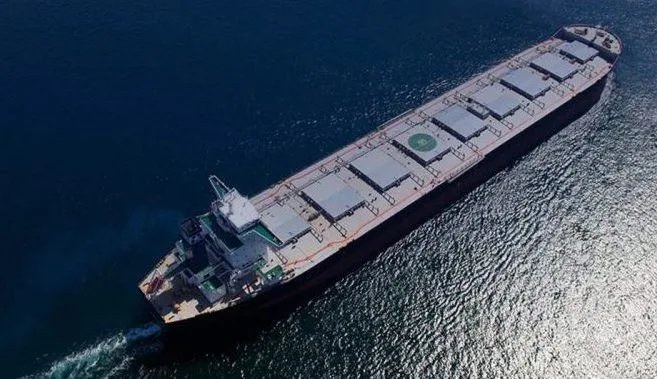Artificial intelligence in shipping has long been a buzzword. Now, says Yarden Gross, CEO and co-founder of Orca AI, it’s fast becoming the bridge linking sea and shore — and the next 12 months could be the most pivotal yet.
Gross tells Maritime CEO that shipping is on the cusp of a major leap. “The trend of connecting more ships to the cloud is only accelerating,” he says. “That connectivity unlocks enormous amounts of operational data, which fuels automation and AI-enabled tools.”
A key milestone will arrive next year, when two fully autonomous vessels operated by Nippon Yusen Kaisha (NYK) enter commercial service — with Orca AI providing their ‘eyes’, delivering a 360° field of view and real-time situational awareness. “It’s not just a step forward for our partnership,” Gross says. “It’s a leap for the entire maritime industry.”
As one of the sector’s leading AI vision pioneers, Orca AI has seen first-hand how attitudes toward digital investment have evolved. “Traditionally, shipowners wouldn’t move unless they saw immediate ROI,” Gross says. “With technology, it’s different. The value often appears over the medium to long term – through improved safety, efficiency, and competitiveness. Pennies are dropping across the board as people understand you have to invest upfront to reap the benefits later.”
The potential, he argues, goes far beyond automated navigation. “At sea, AI is driving more advanced decision support systems and higher levels of automation,” he says. “In offices, AI agents are already replacing repetitive tasks — from daily ops to chartering and commercial workflows. They’re being integrated with company databases so users can analyse data and take action instantly. The potential for efficiency gains is vast, and the industry is finally waking up to that.”
This digital awakening is also transforming the people side of shipping. Orca AI’s team combines software engineers and former seafarers — but Gross notes a growing shift among owners and operators themselves. “What’s new is that companies are now hiring data scientists and digital specialists with no maritime background,” he says. “That’s a major change from the days when the IT department handled everything. It shows the industry now sees digitalisation as a strategic necessity.”
Looking ahead, Orca AI is developing new features to push its autonomous platform further. “We’re building capabilities that will deliver an even higher level of automation and operational safety,” Gross says. “The future of shipping is autonomous — and it’s getting closer every day.”
Gross co-founded Orca AI seven years ago, having previously co-founded Engie, a car maintenance app.
With GPS interference becoming an ever hotter news item, such as this past weekend’s Qatari decision to halt all navigation in its waters, Gross argued in an earlier interview with Splash Extra that ships urgently need AI-based situational awareness to support crews and maintain safe navigation when traditional tools are compromised. That interview – headlined ‘When GPS falters and AIS goes dark’ – is available here.



